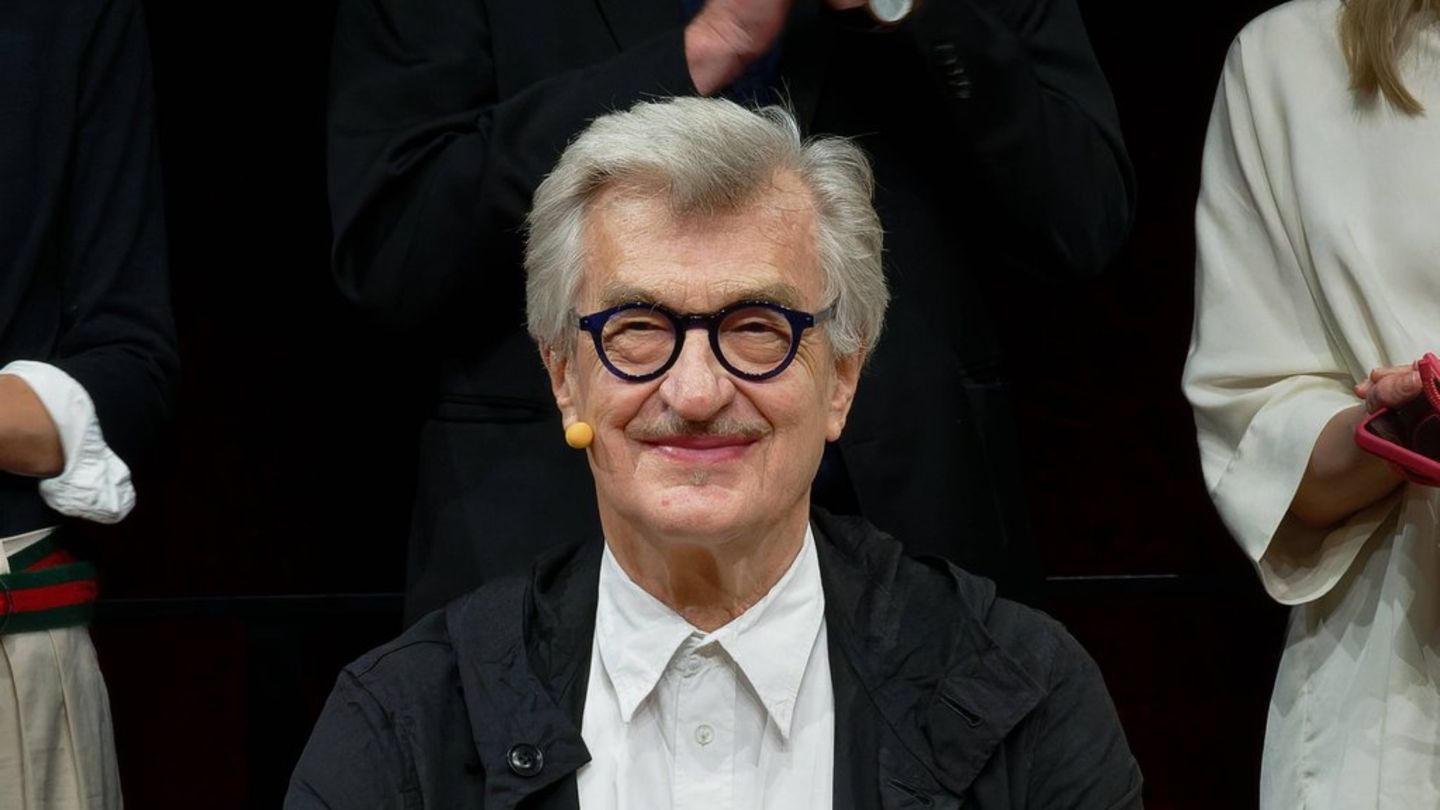I am an author and journalist who has worked in the entertainment industry for over a decade. I currently work as a news editor at a major news website, and my focus is on covering the latest trends in entertainment. I also write occasional pieces for other outlets, and have authored two books about the entertainment industry.
Menu
Wim Wenders celebrates its 80th birthday: The director with an irrepressible urge for freedom
Categories
Most Read
Britney Spears’ band with which she began her musical career and almost no one remembers it
October 25, 2025
No Comments
The perfect Disney miniseries to marathon: the heartbreaking and violent story of a strip club
October 25, 2025
No Comments
Lourdes Fernández’s mother told how the singer continued after being discharged
October 25, 2025
No Comments
Affair at the first coffee: “It immediately felt like cheating”
October 25, 2025
No Comments
The dog from “The Wizard of Oz” earned more than some actors: the shocking sum she earned
October 25, 2025
No Comments
Latest Posts

Asean and APEC summit: Trump on a trip to Asia: Xi, deals and peace agreements
October 26, 2025
No Comments
IvanI have been working in the news industry for over 6 years, first as a reporter and now as an editor. I have covered politics

Lula da Silva consolidates himself as the most popular president in South America, according to a regional survey
October 26, 2025
No Comments
The president of Brazil, Luiz Inácio Lula da Silvacrosses his popularity peak since he began his third term, with an approval of the 51% which

Nicolás Maduro asked to remove the nationality of the opponent Leopoldo López for promoting a foreign invasion
October 25, 2025
No Comments
October 25, 2025 – 20:31 The Venezuelan president toughened his offensive against the opposition and targeted López directly, whom he blames for promoting sanctions and
24 Hours Worlds is a comprehensive source of instant world current affairs, offering up-to-the-minute coverage of breaking news and events from around the globe. With a team of experienced journalists and experts on hand 24/7.

